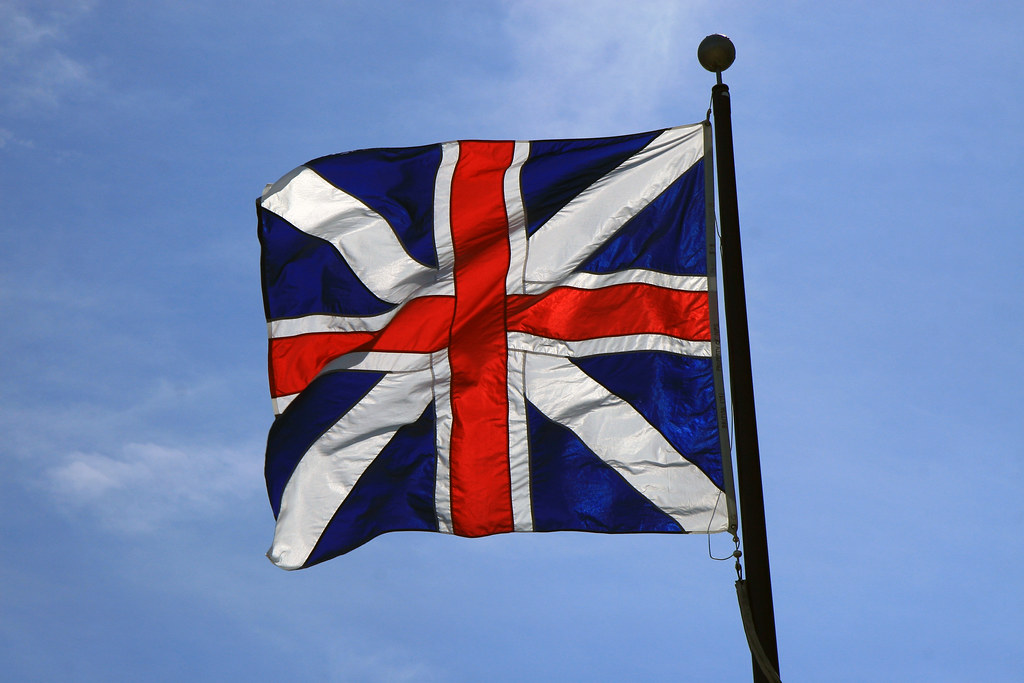
The UK government has rejected claims that the tariff agreement it reached with the US last week could negatively affect China. The government stated that there was “no such thing as a veto on Chinese investment” in the agreement.
The deal between the UK and the US rolled back significant hikes in tariffs on metals and cars that were initially imposed by President Donald Trump. However, it also included provisions requiring the UK to “promptly meet” US demands concerning the “security of the supply chains” for steel and aluminium products exported to the US.
Beijing has expressed concerns that these conditions could exclude it from supplying goods to the US via the UK, as it believes that bilateral trade deals should not target or harm other countries.
China’s Response and Concerns Over the Agreement
During a regular press conference on Tuesday, China’s foreign ministry spokesperson, Lin Jian, was asked about the UK’s recent trade agreements with both the US and India. He commented: “As for the trade agreement… between the UK and relevant countries, I would like to point out that cooperation between countries should not target or harm the interests of third parties.”
China, being the world’s second-largest economy and the UK’s fifth-largest trading partner, has extensive trade relations with the UK. In 2024, total bilateral trade reached £98.4 billion.
In response to China’s concerns, the UK government emphasized that the deal with the US was made in the national interest to secure thousands of jobs across key sectors, protect British businesses, and create opportunities for greater trade in the future. The government also reiterated that any “external provisions” in the agreement were not meant to undermine relationships with other countries, including China.
“The Chief Secretary to the Treasury clearly stated that there is no such thing as a veto on Chinese investment in this trade deal,” the UK government added. It further stressed that trade and investment with China remain important to the UK.
Details of the UK-US Deal
Under the UK-US deal, President Trump’s 10% tariffs on imports from countries around the world still apply to most UK goods entering the US. However, the agreement has reduced or removed tariffs on some UK exports, including steel and aluminium.
The terms of the deal state that the UK will “work to promptly meet US requirements on the security of the supply chains of steel and aluminium products intended for export to the United States and on the nature of ownership of relevant production facilities.”
Meanwhile, the US and China have been engaged in a tariffs war since the beginning of this year. The US imports far more from China than it exports to it, which has been a point of contention for Trump. His tariffs were partly intended to encourage US consumers to buy more American-made goods and boost domestic manufacturing jobs.
However, Trump announced on Monday that recent talks between the US and China had led to a “total reset” in terms of trade, with tariffs on both sides being reduced or suspended. The additional US tariffs on Chinese imports will decrease from 145% to 30%, while Chinese tariffs on some US goods will drop from 125% to 10%. This move is seen as an attempt to ease tensions in the ongoing trade war between the two largest economies in the world.
Author’s Opinion
While the UK’s trade deal with the US may offer short-term economic benefits, it’s essential that countries focus on creating deals that don’t inadvertently harm broader global relations. The concern raised by China over being excluded from supplying the US via the UK highlights the need for more inclusive trade agreements. Striking a balance between national interests and maintaining stable international relations is critical, especially when it comes to such intertwined economies. A trade deal should be beneficial for all parties involved without jeopardizing global cooperation and market stability.
Featured image credit: Thad Zajdowicz via Flickr
For more stories like it, click the +Follow button at the top of this page to follow us.
